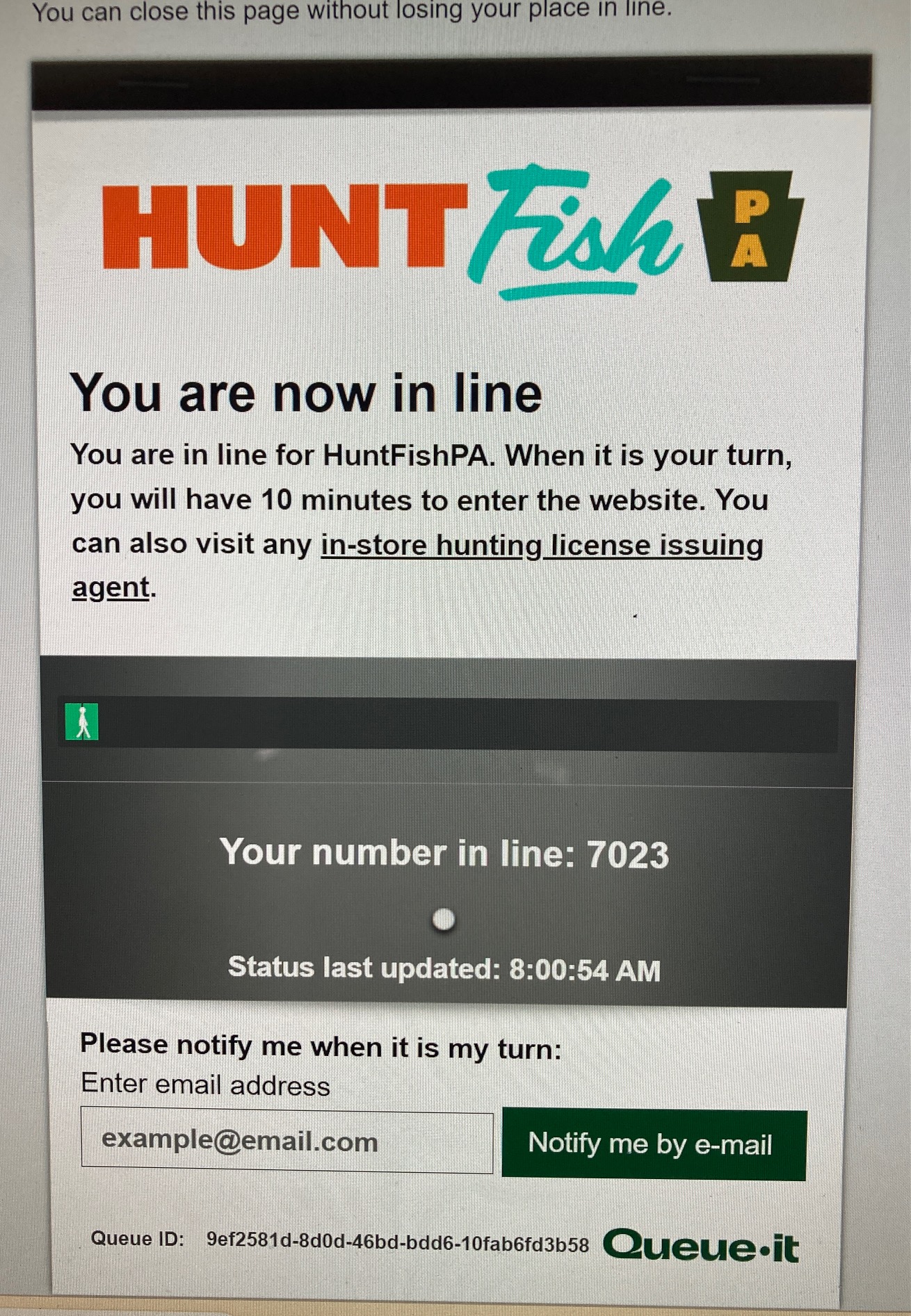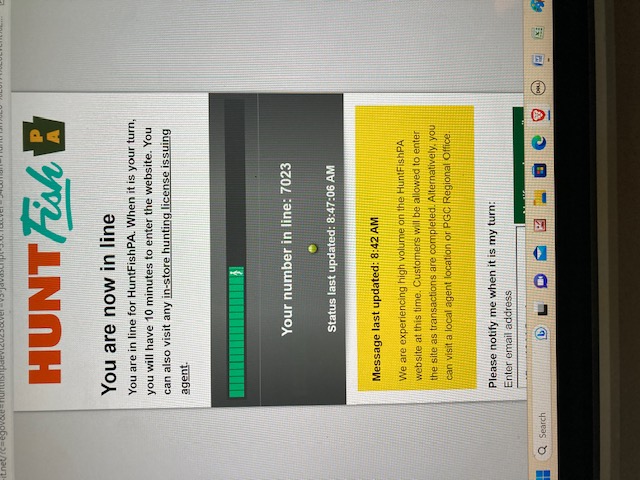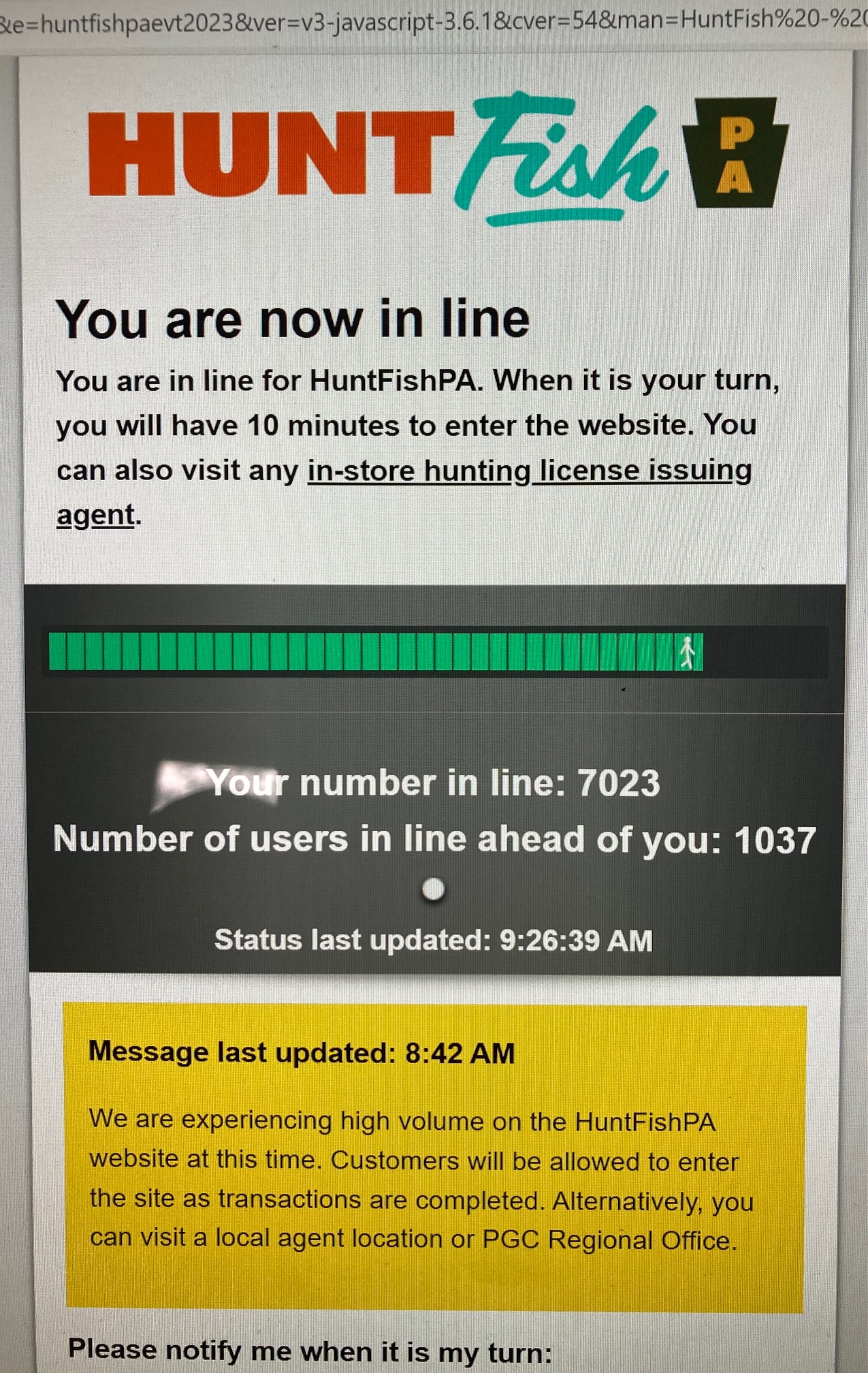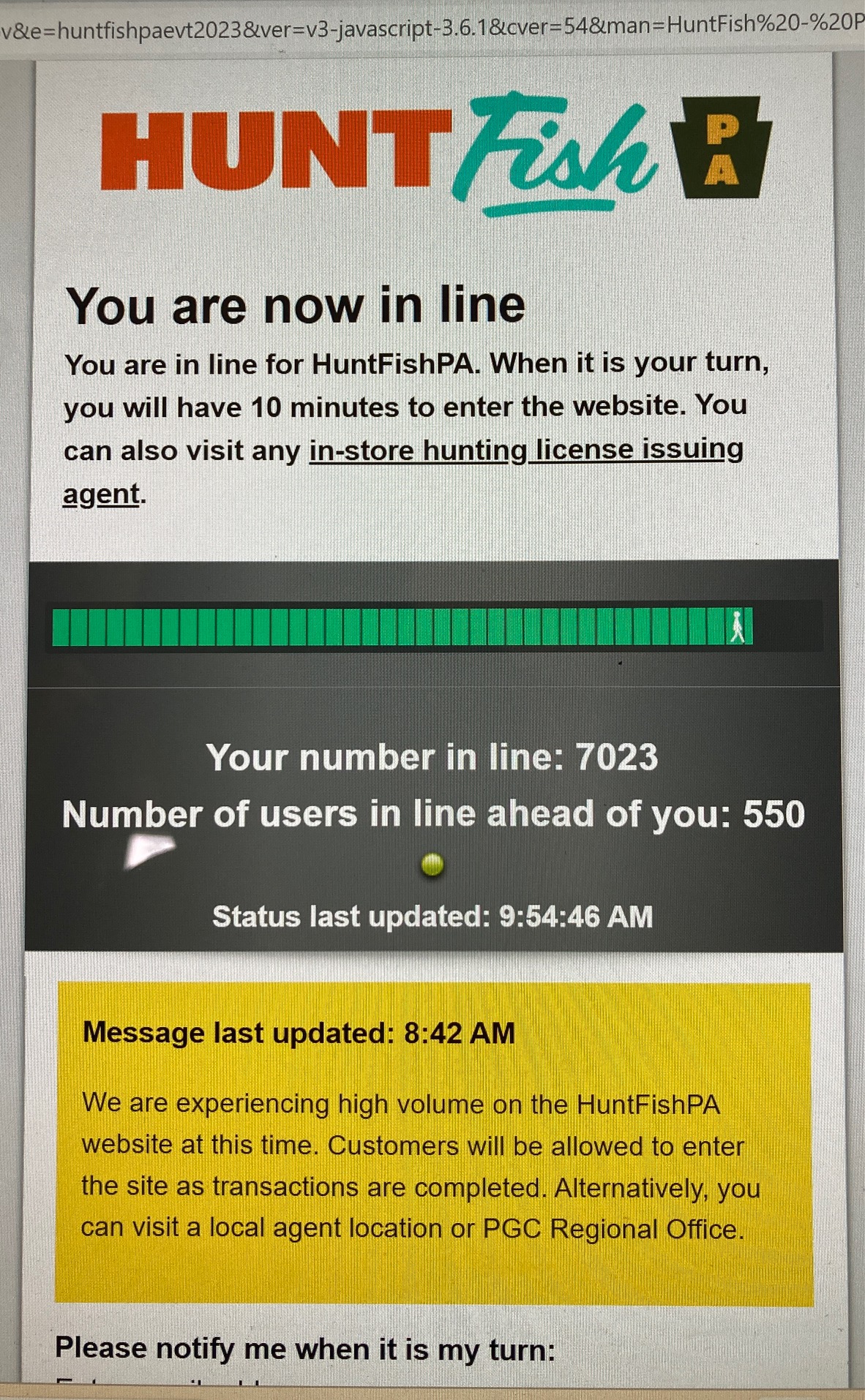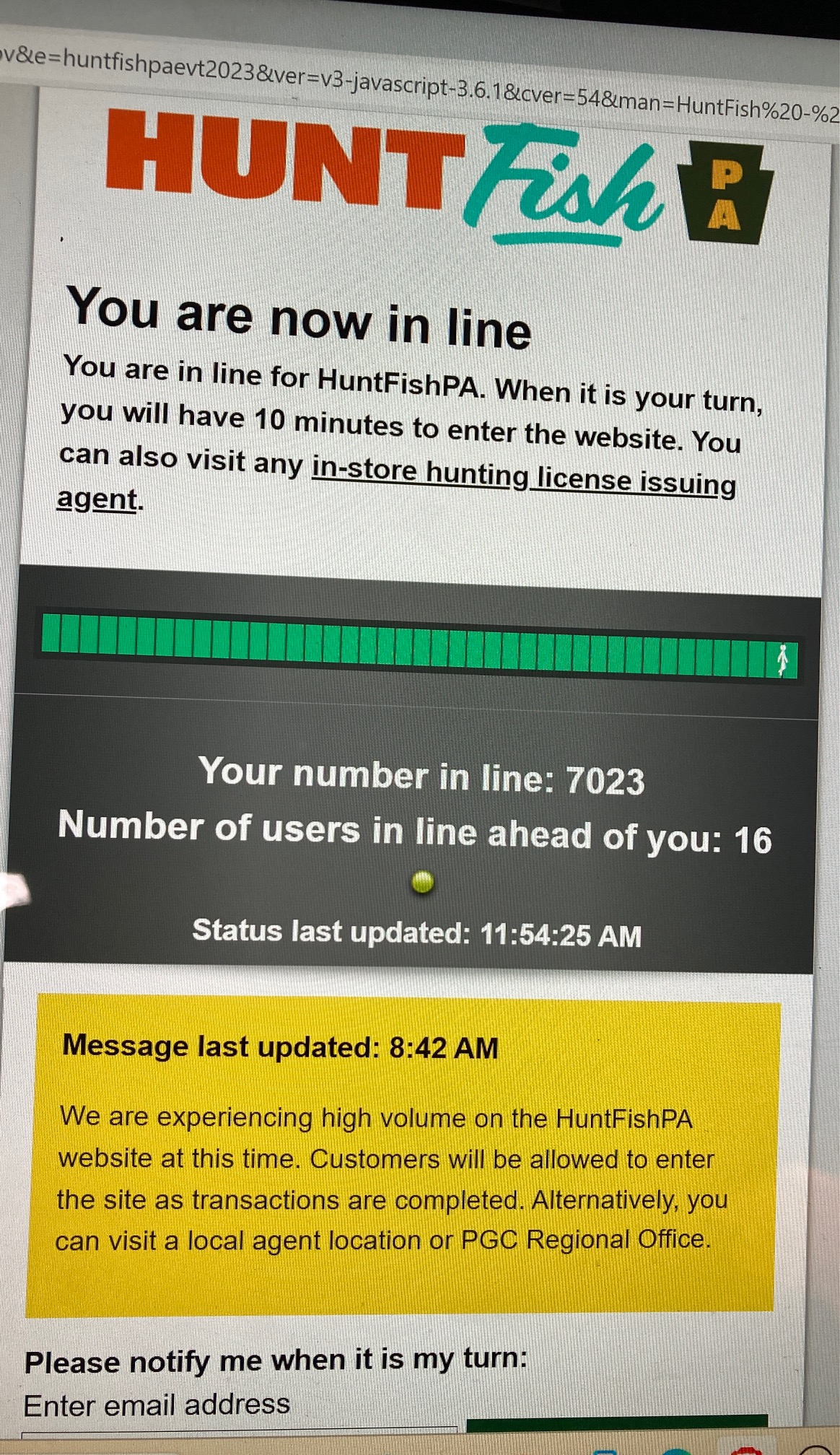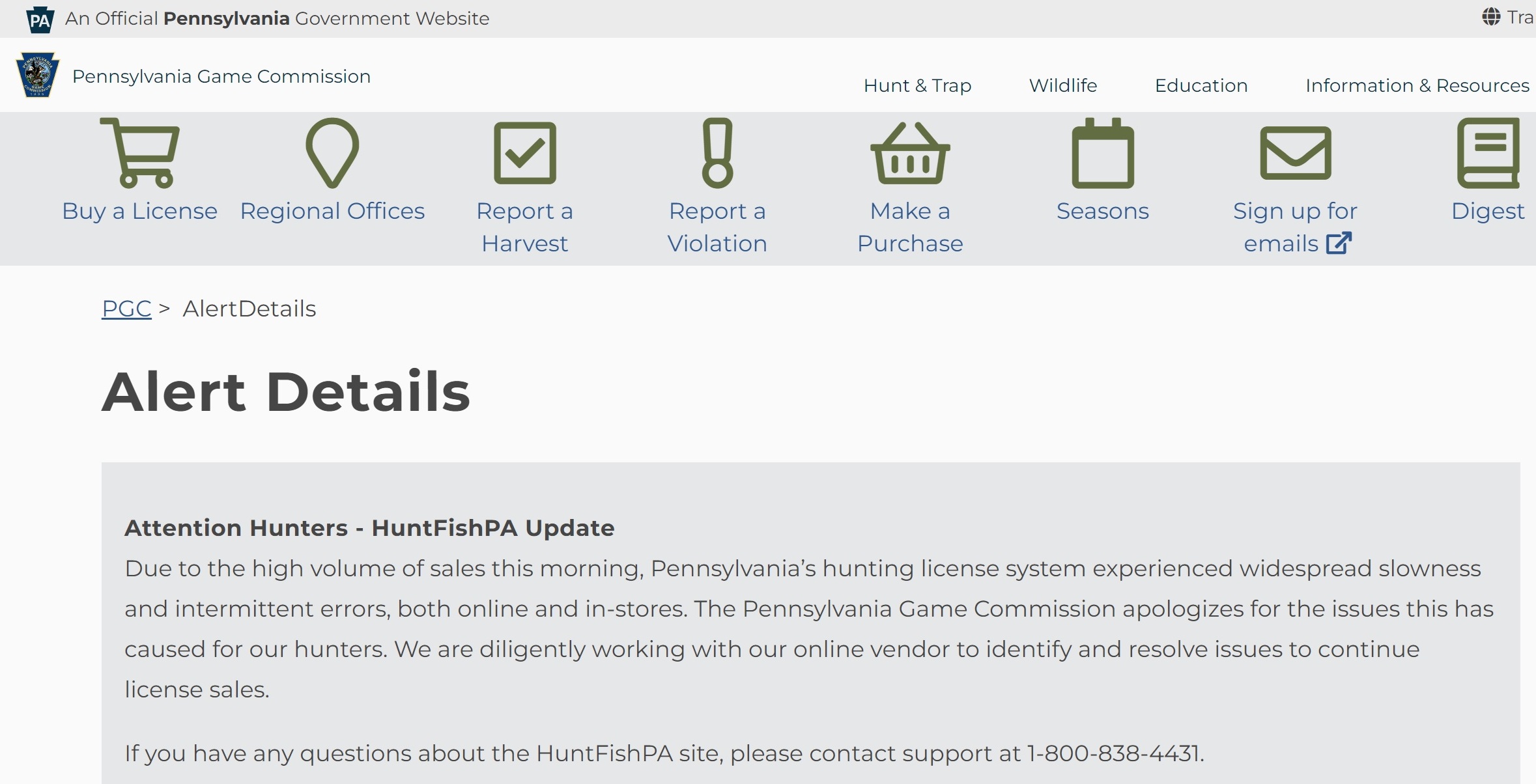Posts Tagged → agency
Two Steps to Political Heaven
Much talk going on now about how President Trump is supposed to get a stranglehold on the lawless and insubordinate federal bureaucracy if he is elected to a third term this November. As a former seven-year federal policy bureaucrat who fled the belly-of-the-beast US EPA in Washington, DC, in 1998, here are my suggestions. These are based especially on my witnessing the changing of the Senior Executive Service (SES) guard from the Bush I administration to the Clinton administration, and all of the cascading management changes that followed.
Step One: Enter the White House with a clear and specific staffing plan and the prospective personnel to implement it. Ground Zero is the Office of Personnel Management (OPM), which processes all federal personnel hiring and firing. From 2017 through 2020, OPM infamously held up a high percentage of Trump’s selected future staff to be seeded across the bureaucratic horizon, where they were supposed to implement Trump’s agenda. But many of Trump’s prospective picks had their paperwork deep-sixed and “lost” in obscure file drawers throughout OPM, their hiring process dragging on so long that they had to find other jobs after having put their current employers on notice of their imminent departure for the Trump Administration. When you control OPM, you can get all of your staff quickly seated and working throughout the bureaucracy. If you don’t control OPM, well, your hard-won third term won’t add up to much.
Step Two: Take no prisoners. Treat every at-will federal position as the at-will position it really is, and work hard from there to drill as deeply as possible. Treat all management positions as targets for immediate change. On Day One be prepared to immediately terminate every single SES and political position and have in hand their loyal replacements, with OPM processing them at record speed. The marching orders for all new loyal SES employees is to replace as many senior staff as they each can, as quickly as they can, with extreme prejudice. Which goes something like this:
New SES manager: “Hi Mary. Good morning. You have been a division chief in this agency for, gosh, twelve years. And yet here I find you late to our meeting this morning and dressed unprofessionally. I am issuing you two written warnings right now, one for each infraction…”
Division Chief Mary: “What are you talking about? I was only one minute late! And I have had a casual dress policy here since…”
New SES manager: “Mary, being unprofessional and insubordinate to your boss is a third violation of the OPM standards of conduct. I am writing you up right now with a third warning, which means that I am now beginning your termination and separation process from the agency as soon as we are finished here. You have three minutes to pack up your personal items and then Officer Jones here will see you out of the building.”
This “direct action” between new senior executive and entrenched senior managers must happen at every level throughout every federal agency, every day, until every senior manager has been replaced with a loyalist (loyal to the new administration and thus loyal to the Constitution). And each new, loyal senior manager will have the same directive for dealing with DC Swamp subordinates down to the bottom of the civil service staff barrel.
Anything less than this admittedly tough hands-on style means that the enormous communist rat warren continues to host a zillion rats, each one quietly gnawing away and illegally stopping the implementation of your presidential agenda and the will of the American People.
How well do I recall an EPA biologist sitting on a huge stack of biological tests done to study the effects of Chlorothalonil, a highly useful insecticide. He personally disliked and opposed the company that owned Chlorothalonil, and so he just sat on their studies. He was unwilling to meet the statutory deadline for agency review and approval or rejection. And his superiors did nothing to compel him to act. And so the company’s expensive research went nowhere, floated in purgatory, and their expensive chemical unnecessarily languished outside of the market. This story times a million is the lawless ball and chain wrapped around America’s throat right now. This must end, and if it doesn’t end by 2028 or sooner, then American government is no longer of, by, and for the American People; it will have become something utterly of by and for itself.
An autonomous, unaccountable federal bureaucracy is the end of representative government. The bureaucracy itself is not democracy, as so many DC Swamp Rats proclaim. Rather, the bureaucracy is now a stale and outdated exercise in representative government that must be dramatically changed. Democracy is the process in which We, The People hold our representative government accountable. And as the American Declaration of Independence states, The People not only get their rights from God, and not government, but The People have the right to abolish government and create a new one whenever they so choose.
Where America is at right now, with its out of control, lawless, unelected and unaccountable federal bureaucracy (i.e. heavily armed IRS SWAT teams like feudal tax collectors of olde), is the myriad federal bureaucrats have come to really enjoy their centralized power and artificially high pay. And they also don’t want to be told what to do by anyone who is not one of them. For America to adhere to democratic norms, this federal bureaucracy must be greatly reduced in size and scope, at least.
For those who might shed tears about all the sad Marxist bureaucrats being cut loose to find jobs in the private sector they mocked, hamstrung, and crapped on from their artificially protected positions, cry me a river. No bureaucrat is owed a job. They have these public service jobs solely at the will of The People and their chosen chief executive, the President of The United States. With OPM under new management and this tough love approach to running the federal government, that is the Constitutional democracy the DC bureaucrats say they are so worried about protecting.
A version of this essay was published here at the American Thinker.
How’d that go? PA begins online hunting license & tag sales
Today at 8:00 AM marked the first day of the Pennsylvania Game Commission’s true entry into the modern world of home computers and the Internet. This probably sounds like an unnecessarily harsh or even a commonly outlandish criticism of the venerable PGC, but it is a technological fact that today marks the very first step by the 1895-founded-and-minded wildlife agency into directly integrating with its customer base.
And it has not gone well, although it could have gone a lot worse. Monday end-of-business hours analysis shows the PGC website processing about 7,090 license purchases per hour. That is about 118 per minute, which is a lot faster than the roughly 1,900 licenses per hour purchased in the early time frame I operated in. Given all of the little moving parts involved, especially that carefully measured doe tag purchase, I guess I can see why this is taking longer than the two to three minutes total that each person expected to spend on it. It still frustrated me and others who are not at war with PGC.
The process has been marred by exceptionally long waits, both in-person at brick and mortar retailers and online, with lots of “system crashes” and people standing in line for hours, spawning humorous memes like the old and now former pink doe tag envelope saying “Miss Me Yet?” I like the meme of the skeleton passed out over the desktop computer “Waiting for my 21st century Internet purchase from the PA Game Commission.”
The truth is that this day had to come, sooner or later. The old double-stamped pink envelope US Mail process was increasingly marred by the US Postal Service’s incredibly ever worse performance, to the point where people were photographing piles of time-sensitive pink envelopes sitting in heaps in some post office rooms, waiting for who knows what or who knows who. No one likes to be treated differently than everyone else, and the pink envelope lottery was an idea from 1945 that worked when postal employees did their jobs. These days, the Postal Service is notoriously unreliable. We can’t have a doe tag distribution process that relies on unreliable people and institutions. Even when the applying hunter does everything correctly, his or her pink doe tag envelope might take a wrong turn at Albuquerque and arrive days or weeks after the last doe tag was distributed. Which greatly impacts the hunter’s plans and prospects for that upcoming hunting season.
My own experience today had me first sleeping fitfully all night like it was hunting season, and finally dragging myself out of bed and hunkering down by the laptop well before the 8:00 AM beginning of the online purchase process at www.huntfishpa.gov. Almost like opening day of deer season and sitting down at an ambush site. Except this process revealed itself as having actually started well before the appointed 8:00 AM hour, as I was number 7,023 in line when I signed into my PGC huntfishpa account. With barely any coffee in my veins to buffer this unhappy revelation, an ice cold shock ran through me as I realized I was both early and yet already very late to the process. Thousands of hunters were ahead of me in an online process that was unknown, untested, and sure to have its ups and downs and delays.
The big ticket item for most of us early applicants is getting the doe tag of our first choice Wildlife Management Unit. It is why we stayed in the game til the very end. And the numbers tell the tale: My own first choice, WMU 2G, sold 17,000 doe tags by 5:00 PM today, about twice as many doe tags as any other WMU. There is a strong fear in a lot of guys that if you don’t get in line early either online or at a store, you won’t get your coveted doe tag in your primary hunt region. Fact is, with the ever popular northern “Big Woods” WMU 2G, that fear is well founded. There are many more hunters wanting WMU 2G doe tags than there are WMU 2G doe tags to hand out. The early bird gets this worm, every year.
[UPDATE: At 9:42PM I looked at the doe tag numbers and 23,502 WMU 2G doe tags out of the 35,000 total allocation for that WMU have been sold so far. A sale rate far beyond any other WMU. This means that 2G will be sold out by Tuesday early morning hours. The hunter demand for Big Woods 2G tags has always been high, we knew it, and now we get to see how that demand plays out when the hunters themselves are put in direct control of their tag orders]
Four hours and ten minutes later, having obsessively hovered over my laptop screen the entire time while emailing and bitchfest-texting with friends in both better and worse positions than I, I finally had ordered my general hunting license plus all of the additional license and permits I get, like furtaker (trapping), the annual elk application (I will take anything ya got anywhere ya got it), muzzleloader, archery, spear, atl-atl, sling, blowgun, black bear, fisher, bobcat, armadillo, hog, dog, rat, bat, and zinjanthropus tags. And yes, I got my WMU 2G doe tag, which enables me to hunt the way I enjoy most – solo pack and rifle and maybe an overnight and campfire somewhere way off the beaten path and far from roads and people, and the promise of a long and heavy pack-out of boned-out meat with a single doe’s ear and a completed tag attached. This kind of hunt is the most rewarding among big game hunters everywhere. Guys sitting in warmed box blinds overlooking fields and ravines have no idea.
So yeah, I waited and waited to ensure I got that 2G doe tag. A lot of my Big Woods hunting depends on it.
Anyone old enough to pick up on the Bugs Bunny theme above will understand where I am coming from; it was a loooong and kind of zany morning. In this day and age of Amazon and eBay and Gunbroker one-stop-shop badda bing badda bang badda boom go online and it’s yours two minutes later, Pennsylvania’s entry into the online hunting license world was practically Stone Age. New York has about as many hunters as Pennsylvania, and I have never encountered anything like this when I order my hunting license and tags from NY. It is usually immediate. Even Kentucky’s online hunting license and elk tag application process is faster than ours was today.
I am not picking on Kentucky….but come on, we all know it, Kentucky is not known for being especially technologically advanced. And yet….!
On the one hand, we must must give PGC credit for taking the long step out of 1895 and into the computer and internet age. This step the agency took this morning was one small step for PGC and one giant leap for hunterkind, or maybe the reverse, or whatever….. something like this. It is a big deal and I send you guys three cheers. Three grouchy cheers. Let’s not do this again, OK?
Yes, today’s license purchase has been marred by delays that seem unacceptable, but we all know that the PGC’s public employees have way too much pride to let this situation continue. It is a fact that a lot of employees and contractors will be working all night on this new system, and that by the time 8:00 AM breaks tomorrow, a lot of the glitches and delays we experienced today will be a bad memory for some, and a non-experience for a million others.
PA wildlife: damned if we do, damned if we don’t
Like every other state in the Union, Pennsylvania protects, conserves, and manages its wildlife through a combination of user-pays fees like hunting and fishing licenses on the one hand, and a helping of federal funding collected from user-self-imposed federal taxes on hunting and fishing equipment like boats, guns, ammunition, fishing rods etc on the other hand (the same people who buy the hunting and fishing licenses).
Yes, 100% of the nation’s citizenry benefits from the self-imposed taxes and fees paid by just 1% of the population: the hunters, trappers, and fishermen. Yes, you read that right: just 1% of the population is carrying 100% of the public burden.
And yes, as you are correctly about to say out loud, you and I will not see this bizarre and totally unsustainable arrangement in any other area of public policy. Not in roads, not in schools, not in airports, not in museums, not in anything else official and run for public benefit. And so, yes, it is a fact that wildlife agencies across America are perennially underfunded, and have been for so long that it’s now accepted as the way America does its wildlife business. Here in Pennsylvania, despite endless rising costs and endlessly more expensive public pensions, both houses of the PA legislature have long blocked the PA Game Commission from getting a hunting license increase in decades. So the PGC is even more behind the financial Eight Ball than most other state wildlife agencies. Hunters and wildlife managers in other states look at Pennsylvania and shake their heads. It doesn’t have to be this way, but it is.
Despite the obvious imbalance and weakness inherent in such a unique and faulty funding arrangement, for fifty years this approach worked pretty well, nationally and in Pennsylvania, with some states occasionally putting new money into holes that opened up in the regular wildlife funding support. Those states with significantly increasing human populations tend to be forced into dealing with inevitable wildlife-human conflicts more than other states, and when Mr. and Mrs. America are increasingly hitting deer with their cars, you can bet that they will demand their home state do something about it. So more money is found.
So along comes the Pennsylvania Auditor General, to investigate the management and expenditure of money at the PGC. And why not, right? The PGC is a public agency, and hunting license revenue is a public trust. So sure, go ahead, look into it, audit the agency. And so it was done, and some interesting things emerged just a bit over a week ago.
In the “Atta boy” column is the fact that there appears to be no corruption, graft, or misuse of scarce sportsmen’s dollars at the PGC. By all accounts, PGC is transparent and well run. Given how much the sportsmen are always scrutinizing the agency, we all figured as much. But it is nice to have our beliefs and trust confirmed like this. We love the PGC even more today than before the audit.
In the “Aww shucks” column is the revelation that PGC staff do not immediately deposit oil and gas royalty checks when they are received, nor does the PGC ascertain for itself if those royalty payments are accurate in the first place, instead trusting the oil and gas companies to do what is right on their own. Hmmmm….This is a potential problem area, and we are all glad the auditors found it. Anyone who knows the PGC can bet money on the fact that PGC staff are right now doing all of this payment followup with a vengeance. Look out, oil and gas companies!
But then there is the big weird issue, the biggest issue of all, where the auditors “discover” that the PGC is sitting on $72 million in the bank. And accordingly, the auditors immediately and erroneously ascribe this to bad money management. After all, they say, public money is meant to be spent. “If you got ’em, smoke ’em,” goes the ancient and totally irresponsible government approach to managing public dollars. After all, under normal budgeting culture, agencies that do not spend the money budgeted to them risk losing those dollars in the next budget cycle. Failure to spend money is correlated with a failure to implement an agency’s mission, and for senior agency managers, there is the usual ego factor; the bigger the budget, the bigger the…you know. This is the old approach to managing government funds, and it is wrong, and it certainly does not fit the PGC’s reality or targeted way of doing business.
Let’s ask you a question: If you knew your family was going to be receiving less and less money going forward, and yet your family costs would be held steady, wouldn’t you begin to bank any extra money you had, in preparation for lean times ahead? If your family is responsible, then yes, this is what you do, it is what we all do. And it is what the PGC has done, thankfully.
But as a result of the audit, this single fact is being used to beat on the agency, to coerce the PGC to adopt unsustainable policies and irresponsible money management, despite the agency sailing through ever less sustainable funding waters every day. Seems like now every elected official and every Monday morning quarterback sportsman has some variation on the foolish theme that PGC has more money than it knows what to do with. Wrong!
So the real outcome of the audit is that Pennsylvania wildlife are damned either way, because the PGC is the useful straw man whipping boy for every aspiring demagogue in Pennsylvania politics. No matter what the PGC does, our wildlife resources are going to suffer. If PGC carefully, frugally husbands its limited resources, preparing for rainy days and needy wildlife, then the agency’s critics say the agency is miserly and hoarding, and they seek to punish the agency. And on the other hand, if the PGC immediately spends every dime it has, and has no money left over to deal with yet more unfunded mandates like Chronic Wasting Disease, then critics say the agency is wasteful and ineffective, and they seek to punish the agency.
And either way, the net result is the PGC’s critics damn and condemn our wildlife. Because that is the true result of all this second-guessing and monkeying about with the PGC budget and funding streams. Plenty of elected officials use their criticism of the PGC to artificially burnish their “good government” credentials, when in fact they are demanding the worst sort of government, and a total disservice to the sportsmen and wildlife everyone enjoys.
Many years ago, sportsmen were organized enough to react strongly to political demagogues who threatened our wildlife resource (and PA’s $1.6 billion annual hunting economy) with their petty politics. This latest iteration of the politics of wildlife management indicates that we need to get back to the old days, where sportsmen were unified and forceful, even vengeful, in their expectation that their elected officials would not politicize or hurt our commonly held wildlife resource.
BLM giving open land a black eye
The Bureau of Land Management was established as a temporary holding entity, dealing more with water management than common natural resources and the plants and animals living on the land under its care.
Now, BLM has become the poster child of Big Government Gone Wild, using armed force and the threat of lethal force, let alone more prosaic forms of terrifying government coercion, to achieve dubious policy goals. Many of these policy goals grate on the public, who perceive them as being at best ancillary to BLM’s mission, if not at odds with the multiple-use land management models the agency is supposed to implement.
Citizens, who own their American government, chafe at official signs that say “No Trespassing – BLM Property,” as though the very taxpayers underwriting BLM are alien invaders upon that government-managed ground.
Job #1 would be to actually communicate with the citizenry about the agency’s policy goals, the underpinnings and purpose of its policies, the reasons for protecting some landscapes from vehicles. Certainly, BLM can achieve better ways to manage environmentally sensitive land, and perhaps asking the citizenry for ideas would take the agency into new, good places. Many users of federally-managed lands are actually savvy about Leave No Trace, and most others at least care, even if they do not yet know how to minimally impact an area.
BLM’s heavy hand in the supposed name of environmental quality is giving all open land a black eye. As a result of BLM’s foolish behavior, all kinds of questions are being asked about public land, not just about how it is managed, but why it even exists. Perhaps it is a good discussion to have, and I certainly stand on the side of having those public spaces, but so far the BLM is just pouring gasoline on the fire, which threatens to overtake all public lands.
Part of any discussion should include What Next about BLM. The agency has clearly outlived its established purpose. My instinctive thinking is to divide up its lands among the agencies best suited to manage each piece – National Park Service for this heavily used area, National Forest for this timbered area, and so on. And no, conveying some of these lands to states is not a bad thing, so long as the deeds carry perpetual stipulations that the lands cannot be sold to private owners or converted to some other use. Mining, timbering, preservation of historic artifacts, water management, passive and active recreation, scenic beauty, ecological purposes…states can do many of these as well as a federal agency, and all without having snipers in fatigues pointing guns at citizens.
If nothing else, getting rid of BLM to get rid of its ridiculous snipers and armed thug culture is a worthy step. Not only is that insane behavior unworthy of a representative government, it is unrelated to the purpose of protecting open land in the first place.
PA House Bill 1576 pulled, for now
Pennsylvania House Bill 1576 would have dramatically changed the way PA regulates and manages endangered, threatened, and rare species of plants and animals. It went overboard in so many ways, too numerous to recount now, and missed an important opportunity to actually bring a needed level of professionalism and accountability to the way the Pennsylvania Game Commission and the Pennsylvania Fish & Boat Commission interact with and serve citizens.
Legislation setting timetables for the agencies on permits and regulatory actions is a good start. Allowing citizens to recoup legal costs from successful lawsuits against the agencies would be fair, as the agencies occasionally get that bully’s “Go ahead and sue me” attitude, so inappropriate for any government agency.
HB 1576’s proponents bit off more than they could chew, probably a result of making an emotionally charged effort, rather than a carefully calculated and strategic effort at reining in government behavior that is sometimes seen as failing to serve citizens in the ways they deserve. Advocates for the two agencies, myself included, should be asking how HB 1576 came up in the first place – what kind of agency over-reach, or failures to serve – resulted in elected officials from both parties becoming so frustrated that they decided to drop that bomb.
Now, HB 1576 is not on the next list of proposed legislation to get a vote. There is talk in both parties about getting more finely tuned and focused legislation passed, and I certainly support that. Government’s role is not to dominate citizens, but to serve them. Protecting vulnerable plants and animals is a way of serving citizens’ interests, but there is also a way to do that without unnecessarily damaging the people who are supposed to benefit. That includes ensuring that the two agencies have sufficient funding and staff to implement their respective missions.
PGC: Great, Old Agency Unused to Modern Limelight
If there is one take-away from my many years in federal and state government jobs, it is that agency staff cultures change slowly. In Pennsylvania, a great example of this is one of my favorite agencies, the Pennsylvania Game Commission. PGC is an agency that is used to doing things the way it wants, often relying on its impressive history as evidence for its present day independence and independent culture.
PGC is presently in the headlines because of a $200,000 payment to its former executive director, Carl Roe, now very recently departed of the agency.
I thought it was an amicable departure; maybe not. PGC staff say this is a settlement to avoid a possible lawsuit. Critics of the payment include the governor’s office, the PA Comptroller, the PA attorney general, and many elected officials. They say this is a sidestep around the state’s prohibition of severance payments, made between a board of directors and an executive director who were actually very cozy with one another.
This is sad, because PGC is a storied agency, a trend-setter in the area of wildlife management, wildlife science, habitat management, and public land acquisition. Something I like is that PGC has uniformed officers who stand in front of Hunter Trapper Education courses filled with 10-18-year-old kids, and tell them that they have a Second Amendment right to own firearms. Few states in America have such a wonderful role for their uniformed law enforcement officers. We are fortunate to have this agency with this culture, and it is for this reason that I oppose merging PGC with DCNR. Ranger Rick and Smokey Bear are not going to purvey that valuable message.
The flip side of the culture is what is often described as a “bunker mentality” among the agency’s staff, and this payment to Roe probably fits in with that view.
Most agencies are careful to avoid controversy, especially controversy that does not have a strong basis. This payment does not appear to have a strong basis, so it is an unnecessary controversy that is likely to damage the agency’s standing among lawmakers and executives, as well as the general public and hunters who otherwise happily buy hunting licenses to support their favorite agency. It comes at a time when the agency is already under the gun from oversight legislation (HB 1576, which does not address actual problems, but rather imagined problems unrelated to PGC and PA Fish & Boat Commission).
Don’t get me wrong, I like Carl Roe, and PGC has also driven me nuts at times. I clearly recall the day he was brought on to the agency as an intern. Me, then PGC executive director Vern Ross, PGC biologist Gary Alt, Carl Roe, and senior PGC staffer Joe Neville drove together up to Bellefonte to participate in the swearing-in of a new PGC commissioner. Carl struck me as a bright, quantitatively-oriented, inquisitive, experienced manager. Over the years since that day I have had many opportunities to meet with Carl, and he has always impressed me as a stalwart and intelligent promoter of PGC, hunters, trappers, and wildlife conservation. This huge payment lightning rod situation just does not make sense in that context.
But on second thought, this payment does make sense if the insular agency culture managed to eventually penetrate into Carl’s otherwise solid judgment. That has been a phenomenon witnessed among other new PGC staff; the broad “something-is-in-their-water” observation that people’s personalities changed dramatically once they joined PGC. Other evidence of an insular culture was recently brought to my attention: Four of the agency’s biologists (all of whom have some or all of the deer program’s oversight) have graduate degrees from the same school and they studied at the same post-graduate field station. And no, they ain’t from Penn State, or any Pennsylvania university, for that matter, dammit.
I fear for PGC, because at a time when the agency is already under scrutiny from HB 1576, this new payment debate threatens to add fuel to the flames, and add a straw onto the camel’s back. Part of the culture driving these problems is the same kind of culture that can cause the roof to suddenly come down. Careful there, boys, careful.
*******UPDATE:
So, as has happened before, these essays get read, and I get phone calls and emails. People calling me usually do not want to post on the blog, being afraid of attribution, and frankly, what some other people want to post here is not always worth keeping. So here is the gist of what came over the transom in the past half hour: Things between Carl Roe and the PGC board were not chummy. The payment to him is seen as a real money-saver. I am unsure how an at-will employee like an executive director has any real legal recourse, unless he is fired for his religion or political views, things that are a) hard to prove and b) unlikely. Also, I neglected to mention that Roe had, indeed, given away about $300,000 in agency funds to Hawk Mountain (GREAT PLACE, but not necessarily deserving of big PGC money) and other groups. This unaccountable and unapproved largesse caused real friction between Roe and the board, not to mention the rest of the stakeholders whose donations to and purchases from PGC are expected to be spent in a pecuniary fashion.

